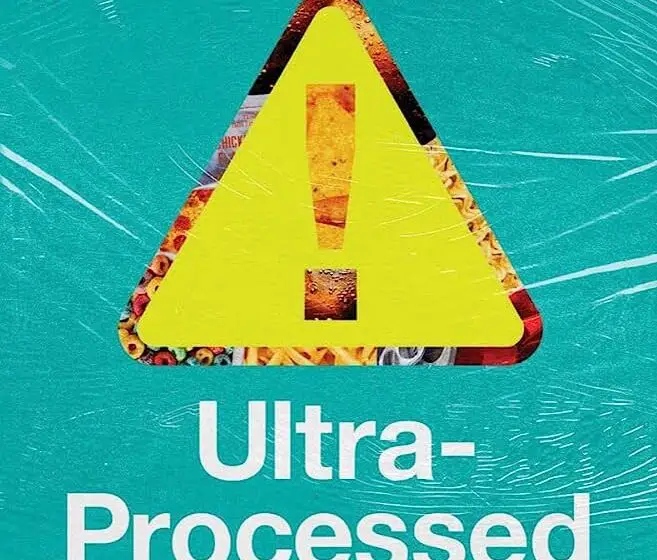A new book explores the science and economics of processed foods—why they are so common, how they affect the body, and how the business of food is contributing to a dangerously unhealthy culture.
Key Details
The modern economy has created a marvel of abundance. Food has never been cheaper, more plentiful, or more widely available—global poverty and starvation decline yearly. Unfortunately, the process necessary to create this abundance has resulted in a decline in the quality of food that has contributed to unhealthy lifestyles and an obesity crisis.
Ultra-processed foods (UPFs) are cheaply produced foods that contain unhealthy, unnatural, or addictive substances and chemicals. Unfortunately, most off-the-shelf food now qualifies as UPF due to its widespread availability and affordability. These foods are largely tied to diet-related diseases and can make it nearly impossible to lose weight on a diet.
Unfortunately, there is not much political will to address the issues of UPFs due to the economics of food. Large corporations benefit from mass production and actively seek to add ingredients that keep customers addicted to their products—at great cost to the general public and the environment.
Infectious disease expert and commentator Chris Van Tulleken discusses these issues in his new book Ultra-Processed People: The Science Behind the Food That Isn’t Food—where he discusses his month-long experiment with University College London in which he consumed a diet of 80% UPFs and observed the effects on his body under the scrutiny of fellow scientists.
What the Critics Are Saying
“Ultra-Processed People is more than just a great science book: it breaks down a complex issue of cultural, social, economic, and political importance with clarity and sensitivity but without moralizing; it competently evaluates the scientific literature; and it roams the globe in search of answers,” says The Financial Times.
“Tulleken’s critique of UPF turns this mode of evaluation on its head, arguing that rather than the reductionist project of isolating out the ‘good’ and ‘bad’ components of food, we need to shift our focus to the degree of processing, industrial manipulation, and marketing of what we eat,” says The Toronto Star.
Kirkus Reviews calls it “a fact-filled, discouraging attack on the modern diet” and “a painfully eye-opening study of food and health.”
